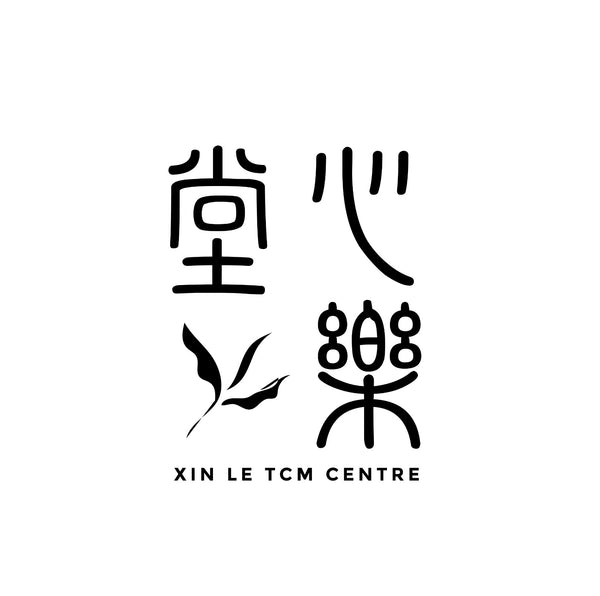Long hours, constant screen time, skipped lunches, and endless deadlines — sound familiar? For many working adults, these habits slowly build up until the body starts sending quiet warning signs: stiff neck, tired eyes, bloated stomach, or that lingering sense of being “off.”
If you’ve been telling yourself “this is just part of working life,” it doesn’t have to be. Traditional Chinese Medicine (TCM) has been supporting working professionals for centuries—long before the term “office syndrome” even existed. Here’s how it all connects.
Common Struggles of Office Life (a.k.a. Office Syndrome)
- Stress & Anxiety: Pressure from deadlines, back-to-back meetings, and KPIs can gradually take a toll. Without proper release, stress builds up—affecting your mood, mental clarity, and sleep.
- Digestive Discomfort: Skipping meals, eating too fast, or irregular meal times can weaken your digestive system. The result? Bloating, gastric pain, constipation, or acid reflux.
- Neck, Shoulder, Back & Knee Pain: Prolonged sitting strains your muscles, especially if your posture’s not ideal. Over time, this leads to stiffness, soreness, and nagging pain that doesn’t quite go away.
- Tendon Issues like “Tennis Elbow”: Constant typing, using a mouse, or mobile scrolling—especially with poor ergonomics—can cause inflammation in the tendons, leading to elbow or wrist pain.
- Cold Hands & Feet: Working under air-conditioning all day might feel comfortable, but it can affect blood and Qi circulation—especially if your body constitution tends to run cold.
- Headaches & Eye Strain: Staring at screens too long? Your eyes and head will feel it. Headaches, tired eyes, and even dizziness are common signs—and stress only adds fuel to the fire.
What You Can Do (Besides Counting Down to TGIF)
Adjust Your Sitting & Posture: Change your sitting position every 1–2 hours. Sit upright and avoid slouching—it makes a difference over time.
Take Breaks: Stand, walk, or stretch for just a few minutes throughout the day. These little breaks help release tension from long hours at your desk.
Try Simple Acupressure:
Tai Yang points: Located on both sides of the head (temples), helps to relieve headache.
Jing Min points: In the depression slightly above to the inner canthus, helps to relieve dry eyes and eye strain.
Feng Chi point: Behind your earlobe, toward the top of your neck and the base of skull. This point can improve a stiff neck and relieve headache.
How TCM Steps In
- Acupuncture: Fine needles are inserted at specific points along the meridians to regulate the flow of Qi and blood, activating the body’s natural healing ability. Known for its pain-relieving effects, acupuncture encourages endorphin release, reduces muscle soreness, calms the mind, and supports better sleep.
- Tui-na Treatment: This therapeutic massage works by targeting acupuncture points and meridians to improve circulation, ease muscle tension, and reduce overall fatigue and pain.
- Cupping & Gua Sha: These techniques go beyond relaxing your muscles—they help dispel wind, clear dampness, and boost immunity. They’re especially helpful for improving range of motion and relieving deep-seated tension.
- Herbal Support & TCM Teas: Whether it’s for digestion, stress, or energy, herbal medication and tea remedies are tailored to your body constitution and daily needs—no one-size-fits-all.
This is a lifestyle thing, not just a one-time fix. If you’re part of the 9–5 crowd and your body’s been quietly waving red flags, TCM might just help you get back in balance — naturally and gently.

